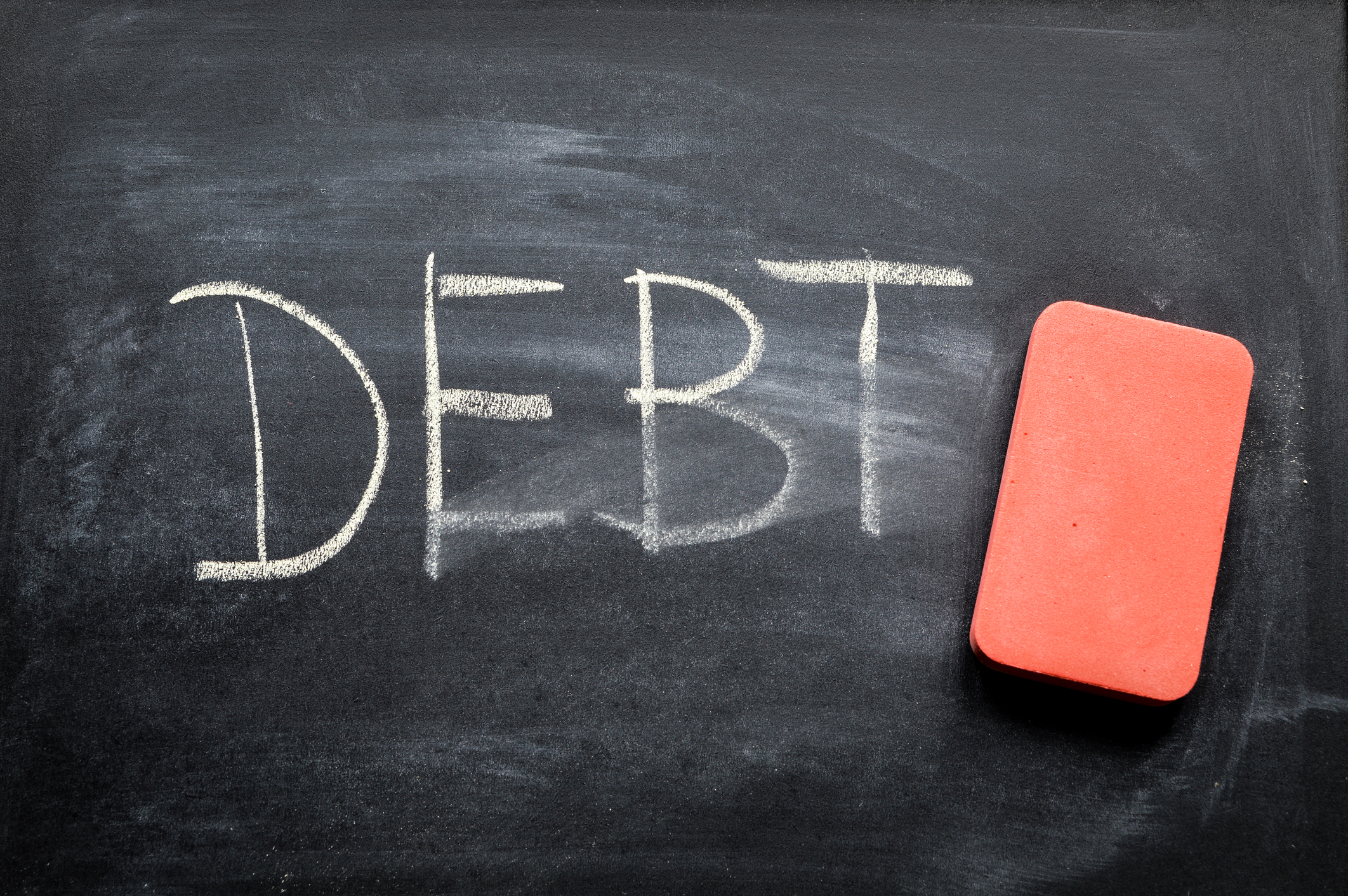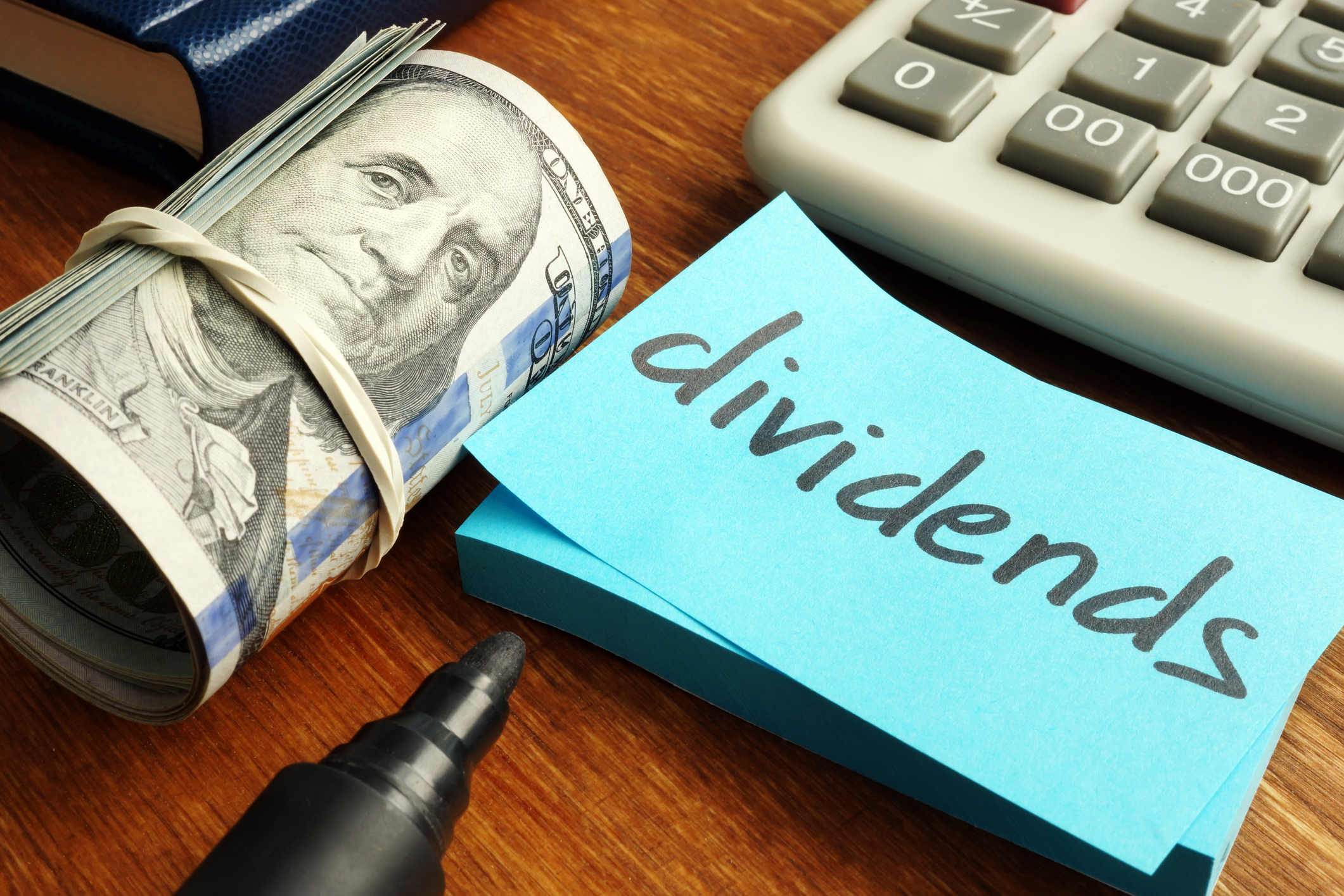You’re frequently told to “do your due diligence” when making a big decision, particularly when it comes to investments and other financial matters. At its core, due diligence refers to exhaustively examining and verifying all available information to avoid a negative outcome. But the exact definition depends a lot on the context. This article will explain the context of due diligence and provide examples of real-world applications.

What is due diligence?
Due diligence is the process of investigating information about a person or company before entering into a financial contract. It’s a basic element of risk management. To avoid making a bad financial decision, investors need to verify that their decision is based on accurate and verifiable information.
As a consumer, you probably conduct due diligence, even if you don’t call it that. For example, if you’ve ever read the terms of a credit card agreement before accepting an offer, you’ve conducted due diligence. Or if you’ve bought or sold a home, you may be familiar with the concept since real estate contracts often require a due diligence period.
Due diligence is especially important in complex business deals, like mergers and acquisitions (M&A) and private equity or venture capital investments, as we’ll explain in greater detail in the next section. Under the Securities Act of 1933, it’s also essential that companies perform due diligence as part of the initial public offering (IPO) process to ensure they’re meeting all regulatory and public disclosure requirements.
IPO
Due diligence in business deals
A due diligence period doesn’t begin until an offer is accepted by both parties, typically when both parties have signed a non-binding letter of intent.
In major business deals, there are two basic types of due diligence. Hard due diligence focuses on data and numbers. The majority of due diligence activities fall into this category. Soft due diligence focuses on the human aspect of the transaction.
Hard due diligence activities
Some common types of hard due diligence activities include:
- Review of financial records, including bank statements, profit and loss statements, balance sheets, and tax records.
- Examination of tangible assets, which includes reviewing any agreements related to real property, such as leases, mortgages, and appraisals, as well as examining fixed assets, such as machinery, equipment, and vehicles.
- Operational assessment, which examines the company’s operations and processes to determine areas where greater investment is needed, as well as potential risks.
- Legal review, assessing pending and threatened litigation, as well as any judgments or settlements.
- Technological review, which determines the organization’s IT assets, costs, capacity, and scalability. This may also include a review of risks to the overall infrastructure as cybercrime proliferates.
Soft due diligence activities
Although hard due diligence makes up most traditional due diligence activities, there’s growing awareness about the importance of soft due diligence, which includes:
- Evaluation of senior leadership to determine compatibility with the acquiring organization, as well as potential issues that could arise.
- Cultural assessment to understand interpersonal issues involved in the transaction. For example, the acquiring company may conduct interviews with employees and examine Glassdoor reviews to determine potential areas of friction.
Why conduct due diligence?
Whether the deal in question is a home sale, a business acquisition, or a major investment, due diligence is essential for both the buyer or investor and for the seller. From a buyer’s perspective, thorough due diligence will verify the accuracy of the information provided and helps determine the value of an acquisition or investment, as well as the associated risks and liabilities.
But if you’re a seller, due diligence can also provide key information about the buyer’s financial capability to close the deal. Due diligence can also help to ensure you get the strongest offer while eliminating weaker bids.
An example of due diligence waived
When Tesla founder and CEO Elon Musk made his offer to buy Twitter for $44 billion in April 2022, he waived the right to conduct due diligence. Twitter’s board approved the agreement later that month. Musk later tried to back out of the deal.
Musk accused the company of lying in documents filed with the U.S. Securities and Exchange Commission (SEC) about the number of fake accounts on the platform. Meanwhile, Twitter accused Musk of attempting to sever the deal due to a declining market.
Related investing topics
Although Musk’s attorneys argued that conducting due diligence wouldn’t have revealed the number of fake accounts, a Delaware chancery court judge said in response to those claims: “We don't know what would have happened in diligence because there wasn't any due diligence, right?”
Musk agreed in October 2022 to buy Twitter at the previously agreed-upon price of $54.20 per share, ending the litigation.


















